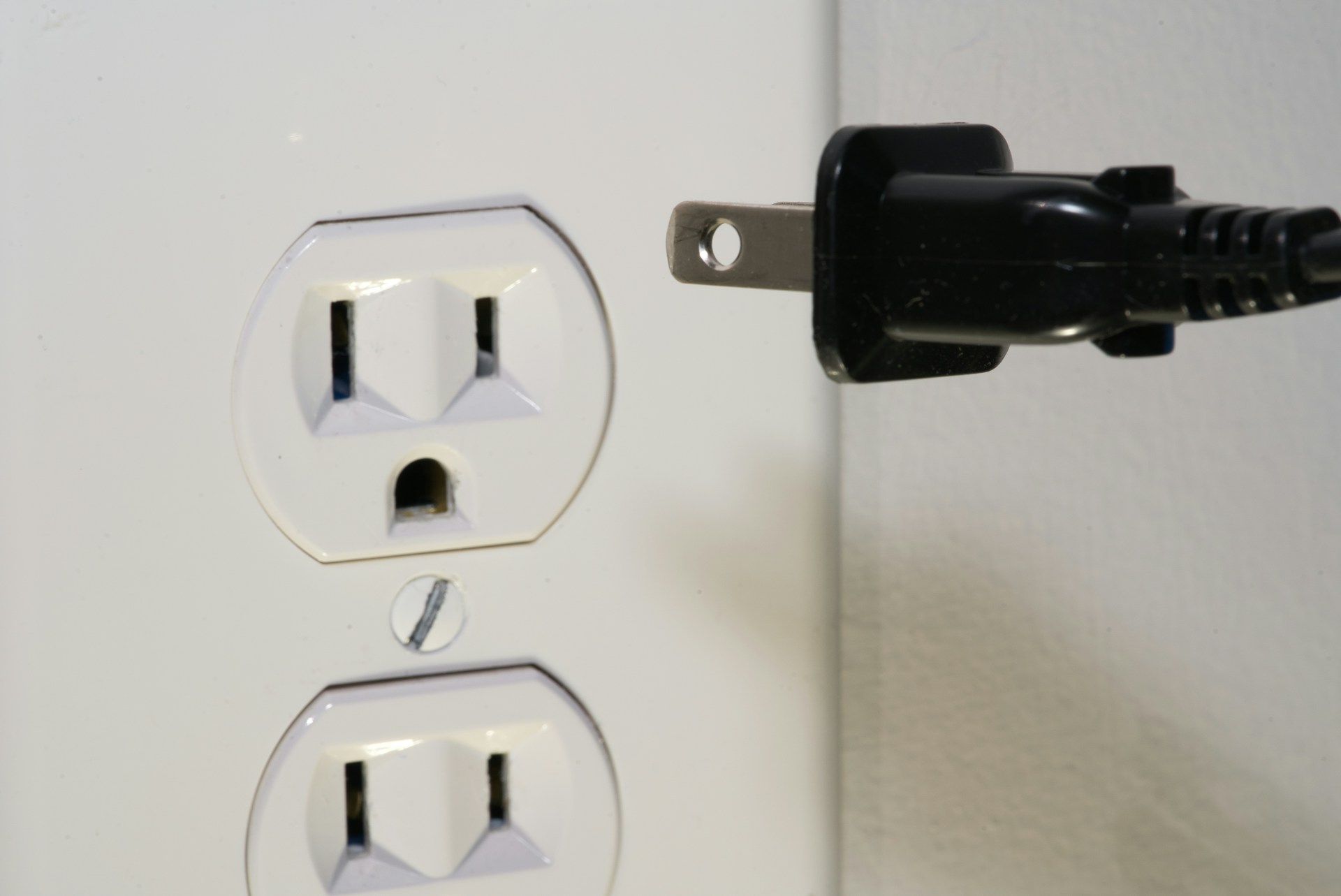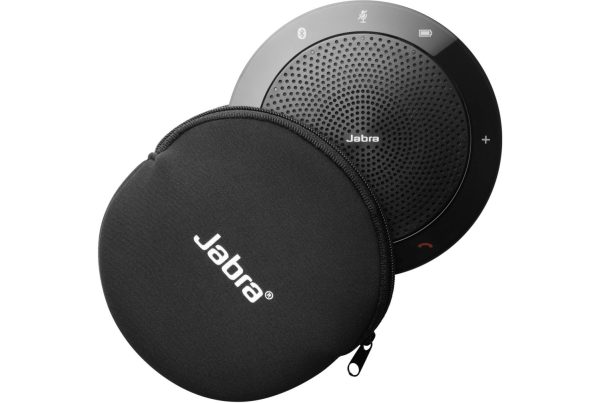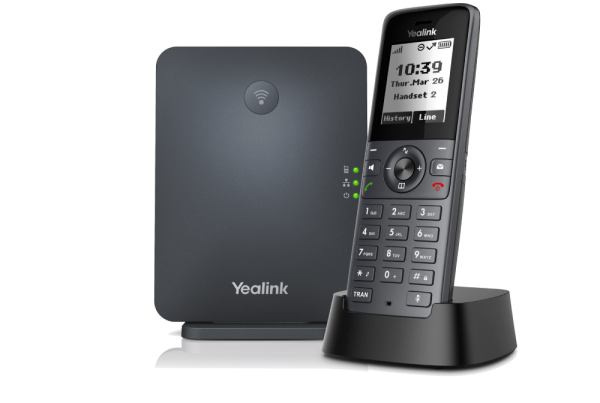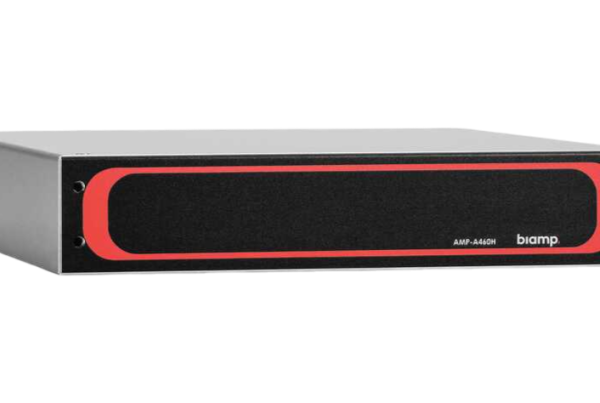Introduction
Have you ever wondered how long your UPS (Uninterruptible Power Supply) can keep your devices running during a power outage? Whether it’s for your computer, server, or entire home, understanding UPS battery life and performance is essential. Think of your UPS as a life jacket for your electronics—keeping them afloat when the power goes out. But how long can it truly last? Let’s explore the factors that affect UPS runtime, how to extend battery life, and how to choose the right UPS for your needs.
Table of Contents
What Is a UPS and Why Do You Need It?
A UPS, or Uninterruptible Power Supply, is a device that provides emergency power to electronics during outages. It’s not just for computers or servers—homes with essential devices like refrigerators or medical equipment can benefit too. Why is this crucial? Imagine typing an important document, and the lights go out—your UPS is like a safety net, catching your progress before it’s lost.
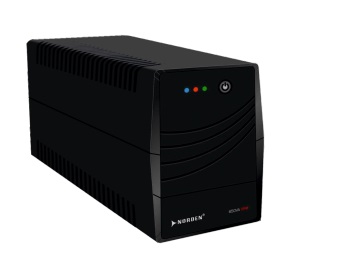
How Does a UPS Work?
A UPS bridges the gap between the power outage and the restoration of electricity or the time to safely shut down devices. It consists of a battery backup, an inverter, and a rectifier.
- Battery Backup: Stores energy to supply power when the main source fails.
- Inverter: Converts stored DC power to AC power for your devices.
- Rectifier: Charges the battery when electricity is available.
Think of it as a reservoir; it stores water (power) and releases it when needed.
Factors That Affect UPS Battery Life
- UPS Battery Capacity: The capacity, measured in VA (volt-amperes), determines how much power your UPS can store and deliver.
- UPS Load Capacity: How many devices are connected? A higher load reduces runtime significantly.
- UPS Battery Maintenance: Proper care, such as regular cleaning and temperature control, can extend the lifespan.
- UPS Power Efficiency: High-efficiency models use less energy, resulting in longer runtimes and lower costs.
- UPS Battery Charging Time: Charging time affects how quickly the UPS is ready for another power outage.
UPS Runtime for Different Devices
How Long Can a UPS Power a Computer?
A standard UPS can run a desktop computer for 15-30 minutes, depending on the load and battery capacity.
How Long Can a UPS Power a Server?
Servers often require more powerful UPS units, offering runtime of up to 2 hours. For critical systems, you might need additional batteries.
How Long Can a UPS Power a Home?
For home use, a high-capacity UPS can last anywhere from 1 to 8 hours, depending on the number of devices and energy consumption.
How to Choose the Right UPS for Your Needs
- Assess Your Power Needs: Calculate the total wattage of your devices and add a buffer of 25-30%.
- Consider UPS Runtime: Match the runtime to your requirements—do you need a few minutes to save work or several hours for critical operations?
- Look at Battery Type: UPS systems use either lead-acid or lithium-ion batteries. While lead-acid is cheaper, lithium-ion offers better longevity and efficiency.
- Check for Additional Features: Look for features like surge protection, smart connectivity, and quiet operation to suit your environment.
Myths About UPS Battery Life
Myth 1: A UPS Can Last Forever
No UPS battery lasts indefinitely. Most require replacement every 3-5 years.
Myth 2: Overloading Doesn’t Matter
Overloading a UPS shortens battery life and can cause failure during critical moments.
Myth 3: UPS Maintenance Is Unnecessary
Skipping maintenance can lead to unexpected failures. Regular checks are essential.
How to Extend Your UPS Battery Life
- Reduce the Load: Only connect essential devices to the UPS.
- Perform Regular Maintenance: Clean terminals, check connections, and keep the UPS in a cool, dry place.
- Avoid Frequent Discharges: Deep discharges reduce battery lifespan. Recharge as soon as possible after use.
- Calibrate the Battery: Periodically discharge and recharge the UPS to maintain accuracy in runtime estimations.
When to Replace a UPS Battery
Signs You Need a Replacement
- Decreased runtime.
- Frequent beeping or error messages.
- Visible damage, like swelling or leaks.
How to Replace a UPS Battery
Check the user manual, and always use compatible batteries. Many manufacturers offer easy-to-replace battery packs.
Conclusion
Understanding how long a UPS can last without power is crucial for both peace of mind and the safety of your electronics. By choosing the right UPS, maintaining it properly, and knowing its limits, you can ensure reliable backup power during outages. From powering a single computer to supporting an entire home, your UPS is an unsung hero—so treat it well, and it’ll always have your back.
FAQs
How long does a UPS battery last before replacement?
Typically, UPS batteries last 3-5 years with proper maintenance, but this can vary based on usage and environmental conditions.
Can a UPS power a refrigerator during a blackout?
Yes, but only if the UPS has enough capacity. Check the refrigerator’s wattage and match it with the UPS load capacity
How can I calculate the runtime of my UPS?
Divide the battery capacity (in watt-hours) by the total load (in watts). The result is an approximate runtime.
Does keeping a UPS plugged in damage the battery?
No, modern UPS systems have smart charging to prevent overcharging, but excessive heat can still harm the battery.
What is the best way to store a UPS when not in use?
Store the UPS in a cool, dry place and charge the battery every 3-6 months to prevent degradation.


